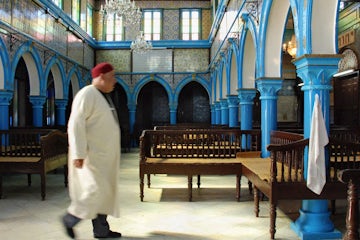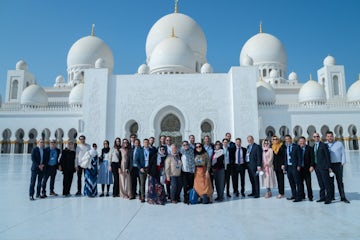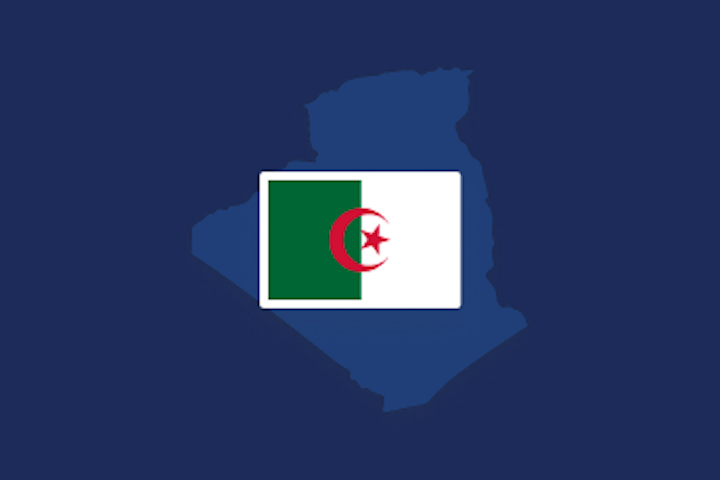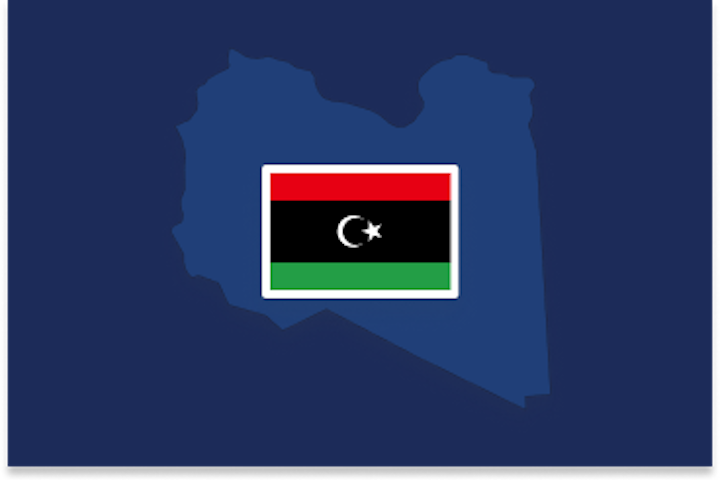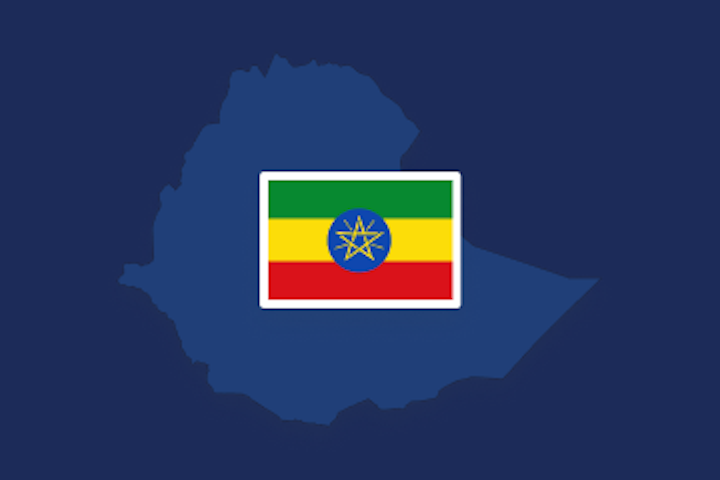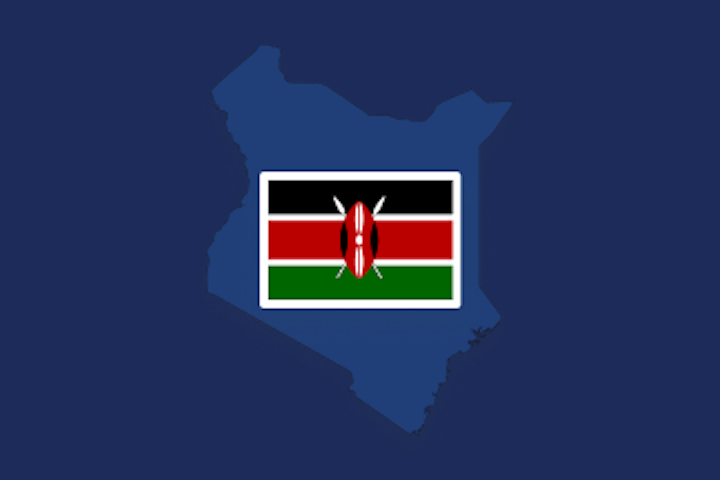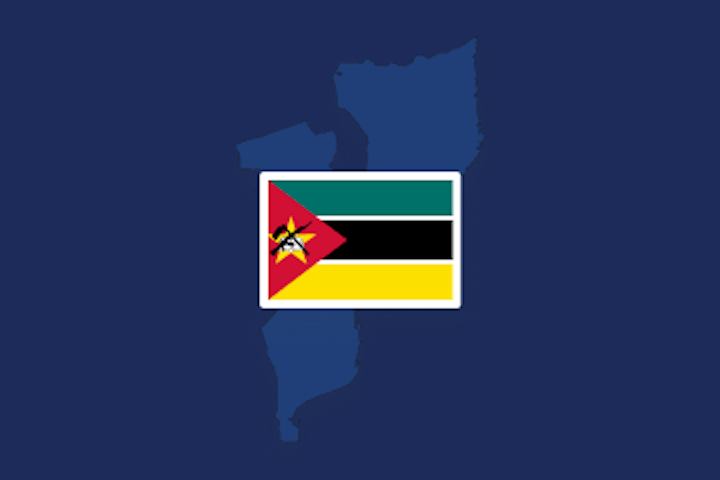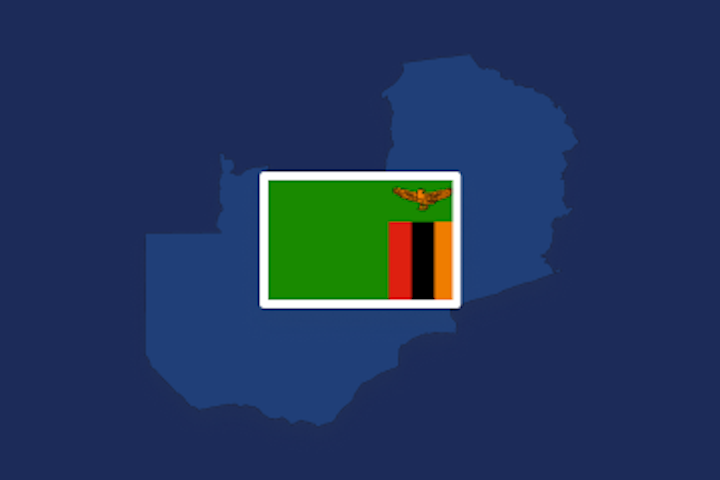The Jewish community of Tunisia is one of the oldest in the Diaspora, dating back at least to the second century of the Common Era. According to some traditions, there has been a Jewish presence in Tunisia since the days of the Punic Empire and even earlier. More than 100,000 Jews have emigrated from Tunisia over the course of the last century and only around 1,000 live there today. Thousands of Jews from around the world flock to the Tunisian island of Djerba every year for the Lag B’Omer festival. The Tunisian Affiliate of the World Jewish Congress is the CJT - Communauté Juive de Tunisie.
Telephone: 00 216 71 832469
Fax: 00 216 71 832364
Email: cjt@cjt.org.tn

The first documented evidence of a Jewish presence in Tunisia dates back to the second century, when a community existed in the Latin territory of Carthage under Roman rule. Latin Carthage contained a significant Jewish presence, and several sages mentioned in the Talmud lived in this area from the second to the fourth centuries.
During the Byzantine period, conditions began to deteriorate when Christianity became the official state religion. Discriminatory measures were introduced that barred Jews from holding public office and prohibited Jewish religious practices; many synagogues were converted into churches, and the construction of new synagogues was forbidden. Large numbers of Jews migrated from the cities to live among the Berbers in the mountains and desert. With the Arab conquest of Tunisia in the seventh century, conditions improved despite the imposition of the Jizya head tax on Jews and Christians by the new Islamic rulers.
Conditions began to worsen once again with the Spanish invasions of the 16th century and the concomitant hegira (overlapping exodus) of the Jewish residents of the North African coast. However, with the subsequent conquest of the region by the Ottoman Empire, things began to improve. However, this period also saw internal divisions split the community between the Touransa, composed of native Tunisians, and the Grana, Jews who followed the Spanish and Italian rites.
During the 19th century, with the advent of French rule, the community was gradually emancipated. However, beginning in November 1940, when the country was ruled by the Nazi-collaborationist Vichy authorities, Jews were subject to new antisemitic laws. From November 1942 until May 1943, the country was occupied by German forces. During that time, the condition of the Jews deteriorated further. Many members of the community had their property seized and were deported to labor camps.
The Federation of Jewish Communities of Tunisia as a French Colony Protectorate was present at the 1936 inaugural World Jewish Congress Plenary in Geneva, and in 1948, the World Jewish Congress helped to bring about the unification of Tunisian Jewry through the Federation of Jewish Communities of Tunisia.
Life became more precarious for the Tunisian Jewry in 1956, when the country gained its independence and undertook a process of “Arabization.” The rabbinical courts were abolished in 1957, followed the next year by the dissolution of Jewish community councils. The Jewish quarter of Tunis was demolished by the government, which justified its actions by citing the need to engage in “urban development.” The World Jewish Congress played a critical diplomatic role during the 1950s and 1960s in enabling Tunisian Jews to emigrate to France, Israel, and elsewhere.
The Arab-Israeli conflict was also a source of hardship for Tunisian Jews. Anti-Jewish rioting followed the outbreak of the Six-Day War in 1967. During the violence, the Great Synagogue of Tunis was put to the torch. While the community was compensated for the damage, these events increased the steady stream of emigration.
The political atmosphere in Tunisia has become increasingly uncomfortable for Jews in recent years. In April 2002, a truck exploded outside the external wall of the Ghriba synagogue in Djerba, killing 17 people, including 11 German tourists. During the Arab Spring in 2010, protesters held demonstrations outside of one of Tunisia's ancient synagogues, where they chanted “Death to the Jews.” Since 2013, over 100 Jewish gravestones have been desecrated, and in May 2014, the Beith-El synagogue was vandalized.
Tunisia was occupied by the Germans between November 1942 and May 1943, making it one of the only French North African territories to directly experience Nazi terror. While the German forces were accompanied by SS units to implement the Final Solution, the Jews of Tunisia were saved because the Nazis did not have time to implement the same policies as in continental Europe. However, the Nazis did force the Jewish community to supply them with forced laborers, and almost 5,000 Jews in total were imprisoned in 32 labor camps. The two biggest and most dangerous of these were the Bizerte and Mateur camps, where prisoners died from disease, labor, and punishment by the Nazi guards, as well as from Allied bombings. Jewish property, including homes, offices, and stores, was also confiscated by the Nazis.
Hebrew University demographer Sergio DellaPergola estimated that there were between 1,050 and 13,000 Jews in Tunisia as of 2015, while the European Jewish Congress estimates the number at 1,700. The largest communities are currently in Tunis and on the island of Djerba. A smaller number of Jews also live in the Sousse-Monastir region on the Gulf of Hammamet.
Each separate community in Tunisia is headed by a government-appointed committee. There are two community-run old age homes and five officiating rabbis: the chief rabbi in Tunis, a rabbi in Djerba, and four others in Tunis and other communities. There are several kosher restaurants, as most Tunisian Jews observe the laws of kashrut. Today, the largest communities are in Tunis and on the island of Djerba. The Jewish community also has a small presence in the Tunisian suburb of La Goulette. There are also approximately 200 Jews living in the Sousse-Monastir region on the Gulf of Hammamet. In July 2005, CJT’s (Communauté Juive de Tunisie) President Joseph Roger Bismuth was elected to the Chamber of Advisors, Tunisia’s upper house of parliament.
Tunisian Jews have many unique and colorful rituals and celebrations, including the annual pilgrimage to Djerba, which takes place on Lag Ba’Omer and attracts Jews from all around the world. In Tunis and Djerba, there are yeshivot, and the salaries of the Chief Rabbis of Tunis and the Rabbi of Djerba are covered by the Tunisian government. The rabbinical tribunal (court) was closed in 1957 and never reopened. Tunisian Jews speak their own Arabic dialect and have their own cuisine. The Bardo Museum in Tunis contains a section dealing exclusively with Judaica.
In Tunis, the Jewish community runs three primary schools and two secondary schools, while Djerba has a kindergarten, two primary schools, and two secondary schools. There is also a Jewish primary school and synagogue in the coastal city of Zarzis.
Many tourists come to Tunisia mostly to visit Djerba's El Ghirba Synagogue in the village of Hara Sghira. Although the present building was erected in 1929, it is believed there has been a synagogue in continuous use on this site for 1,900 years. In May 2017, the Minister of Culture announced plans to seek UNESCO World Heritage status for the whole island of Djerba in order to mark its “cultural and religious uniqueness.”
Israel and Tunisia have maintained limited ties since the 1950s. As a result of the thaw in Arab-Israeli relations following the signing of the Oslo Accords in the early 1990s, Israel opened an interest office in Tunisia in April 1996, and Tunisia reciprocated six weeks later in May 1996. After the renewal of conflict with the Palestinians in 2000, Tunisia broke off diplomatic ties with Israel. Nevertheless, some commercial relations and tourism continue, as well as contacts in other fields.


